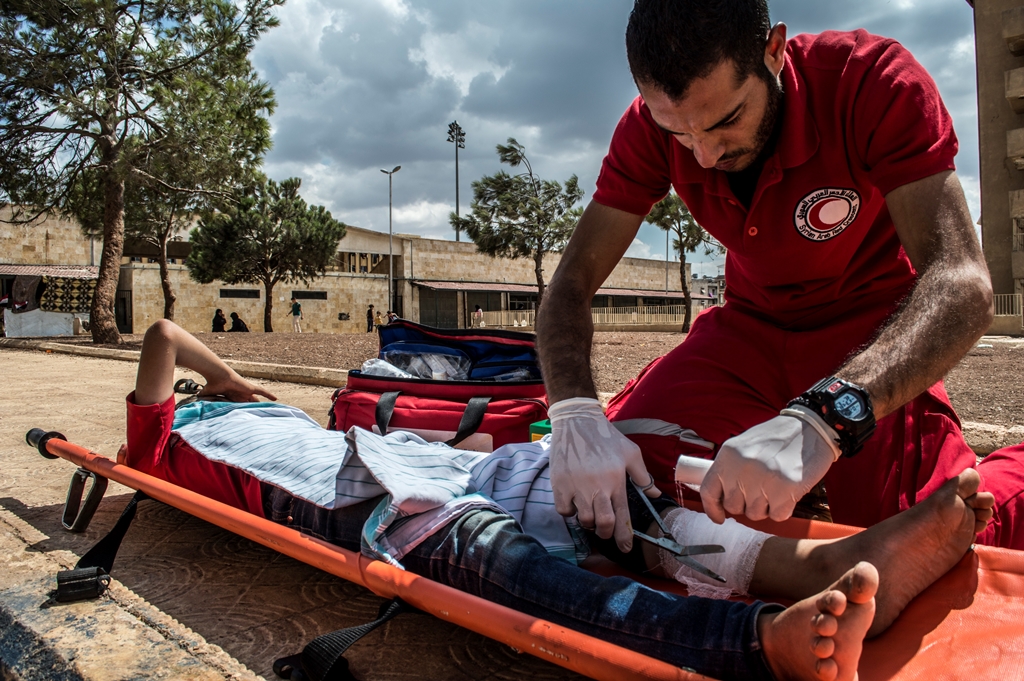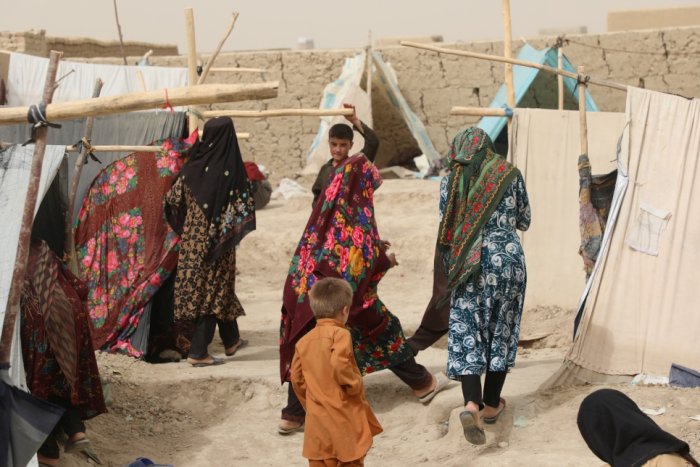9/11: The Disaster That Affected Us All
Today, we mark the 13th anniversary of the terrorist attacks that occurred Sept. 11, 2001. It’s hard to believe that it has been 13 years. On that day, 19 terrorists conspired together and hijacked four planes, killing more than 3,000 people, either on the planes, in the World Trade Center towers, on the ground, or […]
Today, we mark the 13th anniversary of the terrorist attacks that occurred Sept. 11, 2001. It’s hard to believe that it has been 13 years. On that day, 19 terrorists conspired together and hijacked four planes, killing more than 3,000 people, either on the planes, in the World Trade Center towers, on the ground, or at the sites. In one morning, our identity as a nation spun on a dime.
Usually, the Center for Disaster Philanthropy does not address tragedies, because our mission is focused on long-term recovery efforts of natural disasters and humanitarian crises. However, when a tragedy occurs with such magnitude that it affects an entire nation and changes history, we would be remiss if we did not take pause and acknowledge such an event.
Most of us know exactly where we were that morning and exactly how we heard the news. While I remember the shock, and the numbness I felt afterwards, I don’t think the true meaning of 9/11 really set in for me until years later. When I think of 9/11, there is a jumbled mixture of three central memories, and none of them occurred on that day, or even in the initial weeks following.
One is the first time I held the hand of a friend whose life was shattered by the wars the United States entered after 9/11. Her husband was killed in Iraq in 2008, and I will never forget feeling so heartbroken, so helpless, so hopeless, and so completely unprepared for the consequences of a tragedy that had occurred seven years before his death.
The second is the memories I share with three veterans, all of whom lost limbs while fighting in Iraq and Afghanistan. They and their families allowed me in on their stories of recovery during my time as a writer working for the Army – the raw emotions, the change in lifestyle, the difficulty in rebuilding and acceptance. The words sacrifice and resilience will always bring to mind their faces.
The third memory occurred two years ago today, driving my sons to school. The local radio show was taking call-ins, asking people where they were on the morning of 9/11. As we listened to the calls, my oldest son said to me, “You know, mom, 9/11 has been going on my whole life.” He had been just nine months old that day. His younger brother had been born two years later. In that moment, I thought about how different their worldviews were from mine, completely stained only by knowledge of a world at war. Their childhood memories are drastically unlike mine because of one single event.
Those are powerful memories that tell me what a tragedy or a disaster is capable of doing. And equally as powerful are the counterpoints and takeaways:
- Understand that recovery is a long road. A major event will have secondary effects that take years to work out. It is possible that recovery to the state things were before will be impossible.
- The resilience of the human spirit is incredible. Disaster events sometimes bring out the worst in people. But you don’t have to look far to see them bring out the best. The indomitable human will is what makes rebuilding possible, and no matter how often I see it in front of me, it almost always brings me to my knees in awe.
- The shadow of a disaster is long and affects each generation differently. There will be the generation who remembers what was before a disaster. There will be a generation who knows only life as it happens following such an event. Those are drastically different viewpoints with drastically different needs.
I hope wherever you are today, you take the time to stop and remember that morning, 13 years ago, and take a second to think about how your life changed because of a single, awful event.
And I hope you’ll tweet us your thoughts, we’d love to share them! You can tweet me, @anna4disaster, or reach CDP using #CDP9/11.
More like this

World Humanitarian Day: Call to Protect Humanitarian Workers and Volunteers
